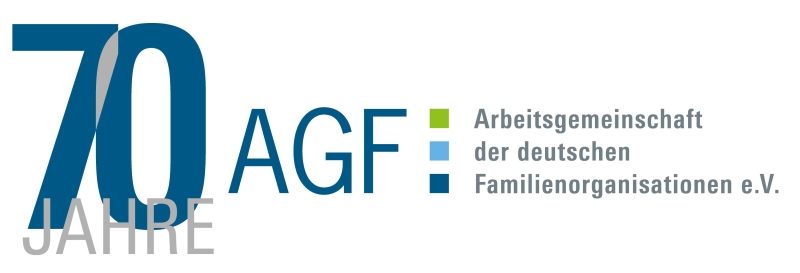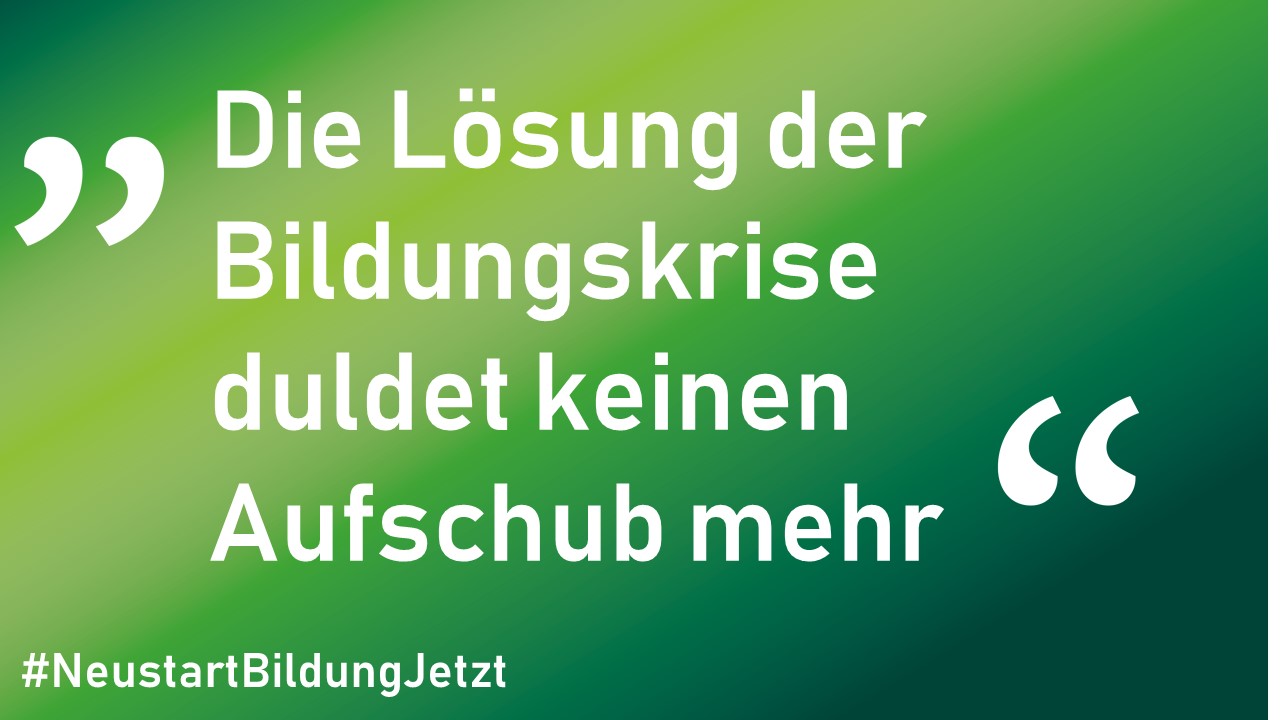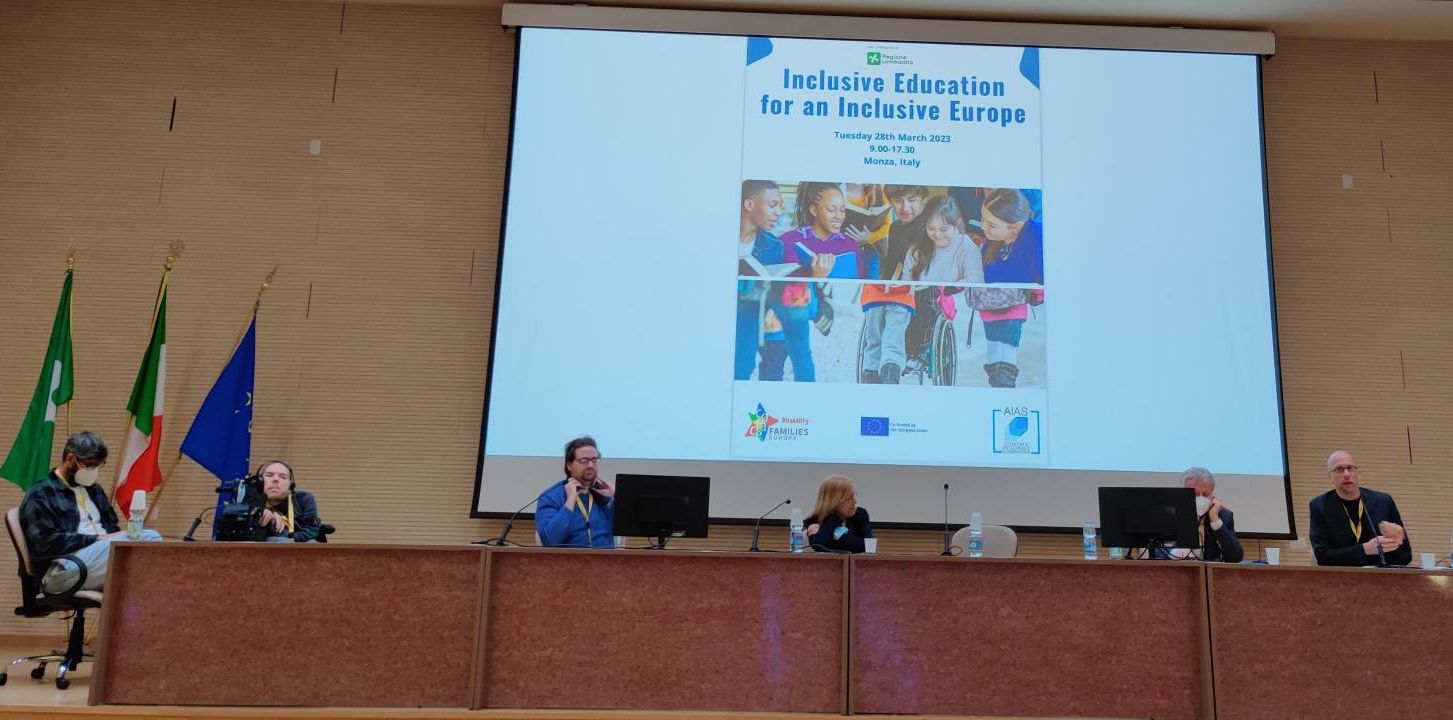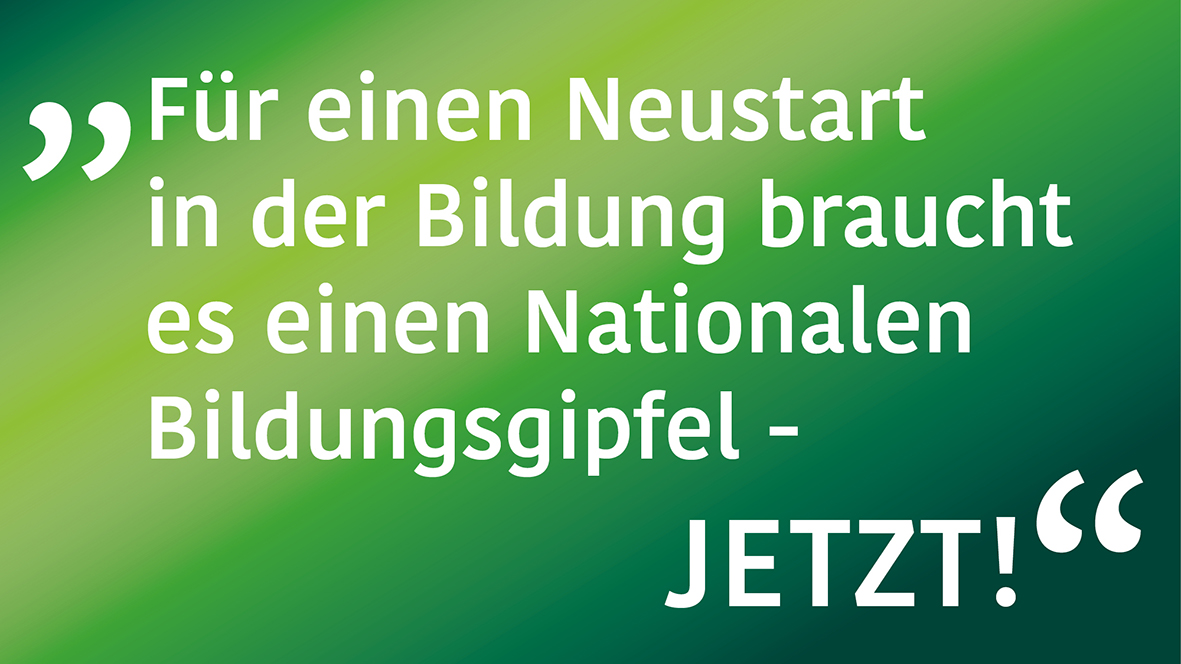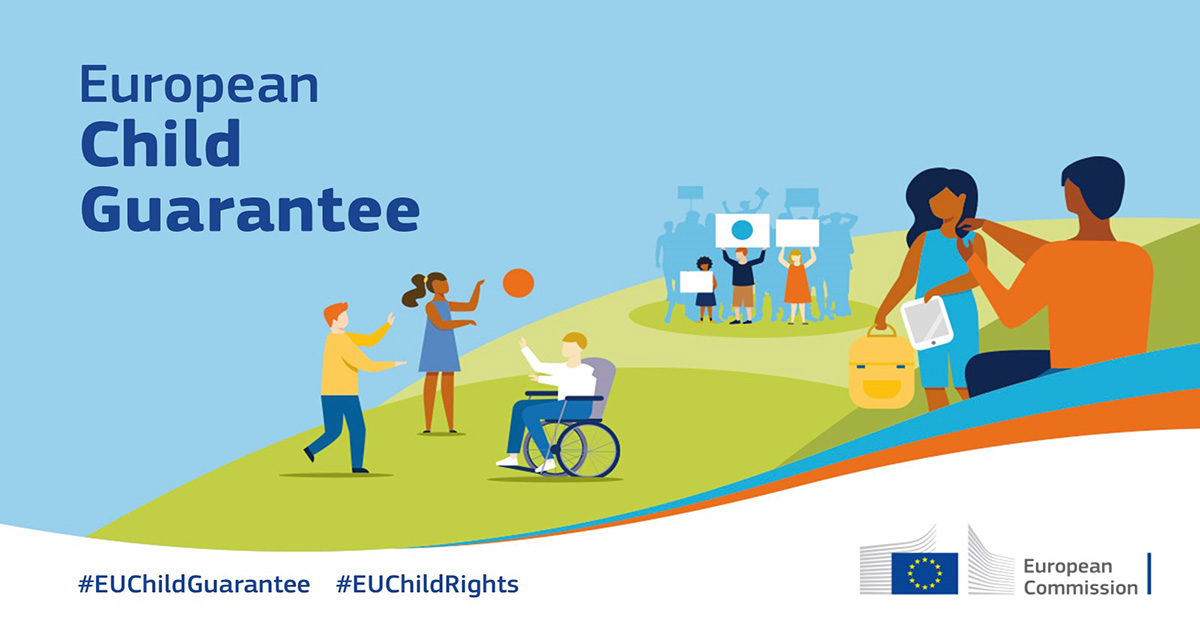Family organizations support concept for an “Education Dialogue for Germany”
The AGF is part of an alliance of 94 organizations that today presented a concept for an “Education Dialogue for Germany”. The Family organisations share the conviction that a transformation of the German education system is urgently needed, and that this can only be achieved with the combined forces of politics and civil society. To this end, the #NeustartBildungJetzt initiative […]
